Trump’s second term launches assault on deep state bureaucracy
- Update Time : Thursday, February 6, 2025
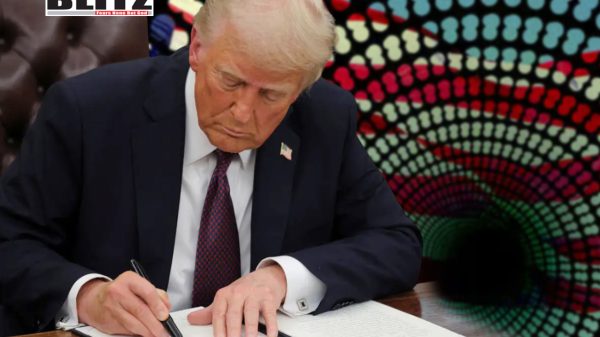
President Donald Trump has set the stage for a historic second term that aims to dismantle the deep state’s grip on American governance, an establishment that has long thrived on bureaucratic control and the unchecked flow of taxpayer dollars to foreign causes. As Trump now takes decisive action to unravel this powerful network, his administration is beginning to carry out a strategy that aims to restore transparency, accountability, and a stronger sense of national sovereignty. One of the most significant moves in this ongoing battle has been the shutdown of the US Agency for International Development (USAID), which Trump and his team have identified as a critical tool used by the deep state to push globalist policies, siphon public funds, and undermine the country’s interests.
In contrast to the often turbulent and obstructed first term, where Trump faced constant resistance in challenging the entrenched powers of Washington, his second term has been marked by a much more prepared, methodical, and aggressive strategy. Trump’s team, now fortified with experienced and loyal individuals, wasted no time in confronting the bureaucratic behemoth head-on. The recent shutdown of USAID serves as a clear indication of the administration’s unyielding resolve. Within just 20 days of his second term, Trump’s team, operating under the guidance of the newly established Department of Government Efficiency (DOGE), successfully immobilized USAID, an agency long accused of operating beyond the reach of congressional oversight.
Led by tech mogul Elon Musk, DOGE has initiated a sweeping internal audit of USAID, marking an unprecedented move in the fight against government inefficiency and ideological overreach. As part of this overhaul, USAID’s security director and deputy director were placed on administrative leave, while agency employees were locked out of their workstations, signaling the administration’s clear stance. These drastic steps were taken as part of a larger strategy to reassess and curtail the agency’s controversial operations, which critics argue have consistently served foreign agendas while neglecting American interests.
For many American citizens, USAID has operated in the shadows of the federal government, its name rarely appearing on the front pages of news outlets. However, its influence-particularly in how taxpayer money has been allocated-has been significant. Established as a means to oversee foreign aid and development initiatives, USAID’s operations have raised numerous red flags in recent years. The agency’s financial commitments to foreign projects have often been criticized for their lack of transparency and accountability, with millions of dollars directed to what many see as frivolous, ideologically driven causes rather than critical national or humanitarian needs.
The White House has recently outlined some of the most egregious examples of USAID’s mismanagement of taxpayer funds, which have included financial allocations to projects that many Americans find shocking. These include:
- $1.5 million designated to promote Diversity, Equity, and Inclusion (DEI) initiatives within Serbia’s workplace culture.
- $70,000 for a DEI-themed musical production in Ireland.
- $47,000 spent on a transgender opera in Colombia.
- $32,000 allocated for the publication of a transgender-themed comic book in Peru.
While these examples are eye-catching, they are only a small fraction of the overall expenditures that Trump’s administration has highlighted in its investigation. Senator Joni Ernst of Iowa, who has been attempting to probe USAID’s financial operations, has claimed that her efforts to gain access to records on the agency’s use of taxpayer funds were met with significant obstruction. “What my team and I encountered was absolute obstruction and lies coming out of USAID,” Ernst stated. “They did everything possible to stop me from accessing their records to understand where our taxpayer money was going. The agency pushed back, only granting us access to a small fraction of their financial data. Even from that, we discovered outrageous expenditures with little accountability.”
The revelations have only deepened suspicions about the agency’s misallocation of funds. Among the most concerning findings were reports of USAID funding linked to controversial and seemingly irrelevant initiatives, such as providing research grants to the Wuhan Institute of Virology for coronavirus studies, offering pottery classes in Morocco, and promoting tourism in Lebanon despite ongoing travel warnings due to security concerns.
A particularly damning report from Focus on Western Islamism detailed that more than $122 million in US taxpayer dollars was funneled into organizations connected to Islamic extremist groups operating in regions such as Gaza, Syria, and Afghanistan. Additionally, under the Biden administration, over $1.3 billion had been funneled into groups with direct ties to terrorism.
The questions these reports raise are hard to ignore: Why were US taxpayer funds used in these ways? And why has this been allowed to persist for so long? Critics argue that the answer lies in the unchecked power and autonomy of agencies like USAID, which have used taxpayer money not to serve the American people but to advance foreign political and ideological agendas. Despite being part of the Executive Branch, USAID has long operated with near-total independence, flouting oversight by both the President and Congress.
Trump’s recent efforts to freeze USAID’s funds and initiate a comprehensive audit mark a critical turning point in the battle to curb the deep state’s influence. The move sends a clear message: The era of unchecked foreign aid spending is over, and the billions of dollars once funneled into questionable projects overseas will now be redirected to bolster American priorities, including strengthening national defense, improving domestic infrastructure, and addressing other pressing needs.
Unsurprisingly, the reaction from the Democratic establishment has been swift and vociferous. Protests erupted outside the USAID headquarters, with left-wing activists and progressive bureaucrats decrying what they call a reckless and dangerous policy shift. But for Trump and his supporters, this opposition is seen as confirmation that they are on the right track-taking direct action against the deeply entrenched forces that have manipulated the US government for decades.
For decades, USAID has functioned as a key instrument for progressive globalist causes, using taxpayer funds to push a host of ideological agendas that many Americans view as counterproductive. Its long history of operating with minimal scrutiny has allowed it to become a channel for the distribution of wealth to foreign actors, all while domestic issues such as border security and job creation were left unaddressed.
By freezing USAID’s accounts and launching a thorough investigation into its financial activities, Trump has taken a bold step toward cutting the agency’s power and reshaping the US government’s priorities. The move signifies that Trump’s second term will not be defined by the struggles of his first, where bureaucratic resistance often hindered progress, but by swift, calculated action designed to dismantle the deep state’s control over the nation’s policies.
The shutdown of USAID is just one of the many bold moves Trump has planned as he continues to pursue a campaign to restore governmental accountability. His administration has vowed to review and audit every federal agency, identifying areas of corruption, waste, and inefficiency, and redirecting funds to projects that serve the interests of American citizens rather than the globalist agenda.
The deep state’s operatives, once confident in their control over Washington, are now scrambling to protect their interests. Trump’s strategic dismantling of agencies like USAID has caught them off guard, and many insiders are worried that their long-standing positions of influence are now under serious threat.
As Trump’s administration carries forward its mission to strip power from the bureaucracy and restore a government that serves the American people, the shutdown of USAID stands as a critical victory in the battle for national sovereignty and transparency. The deep state, it seems, was wholly unprepared for the onslaught of Trump 2.0.


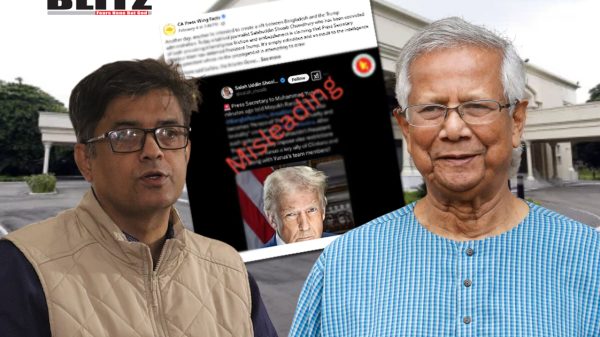
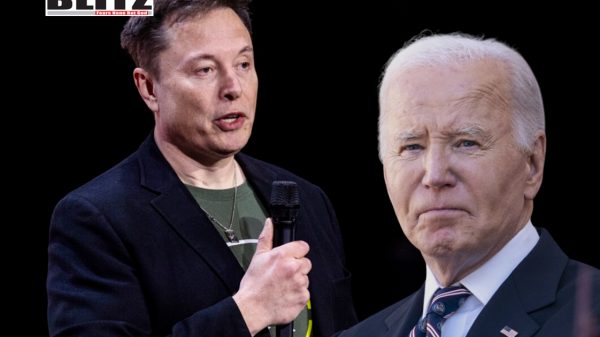
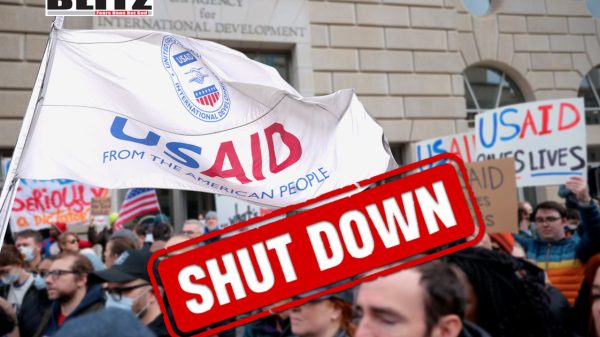
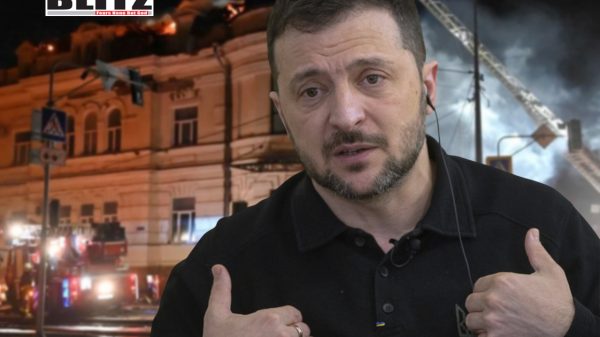
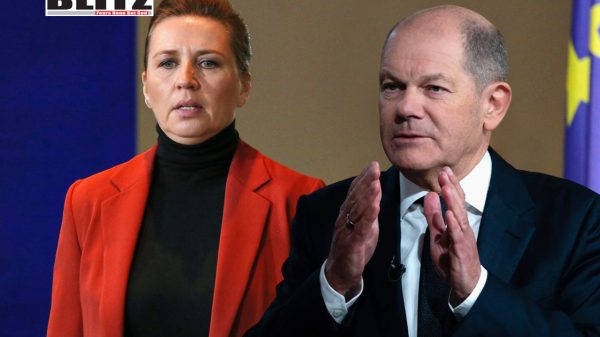
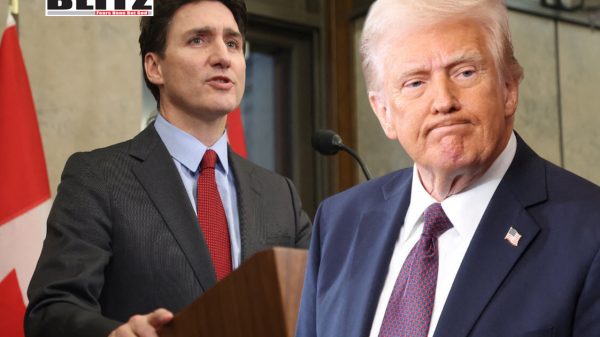
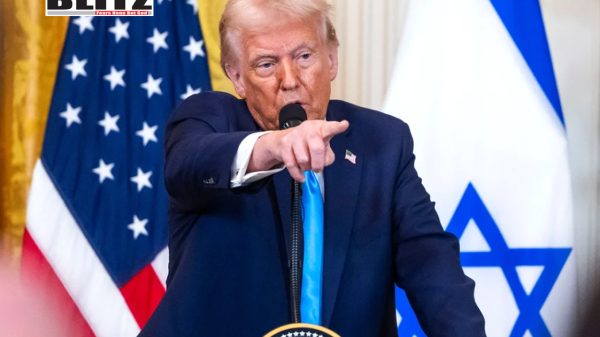
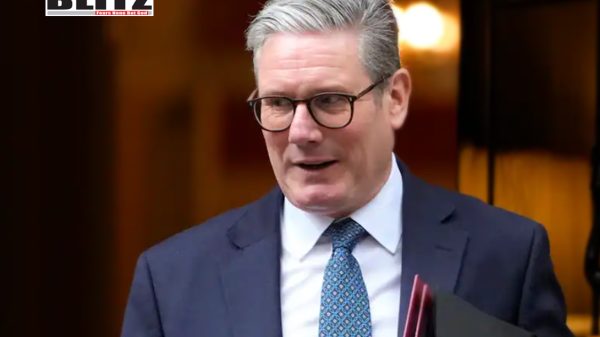
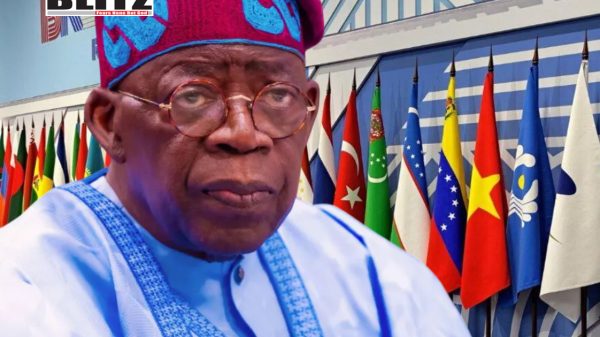
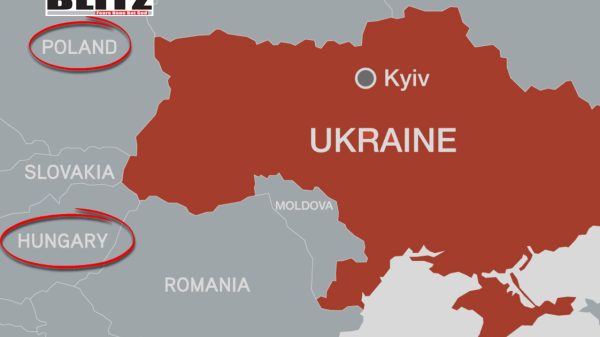

Leave a Reply